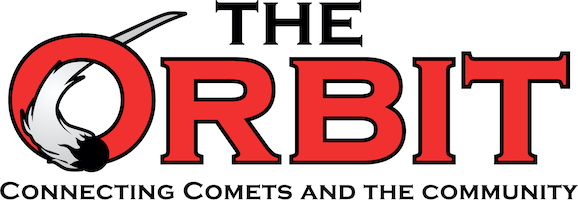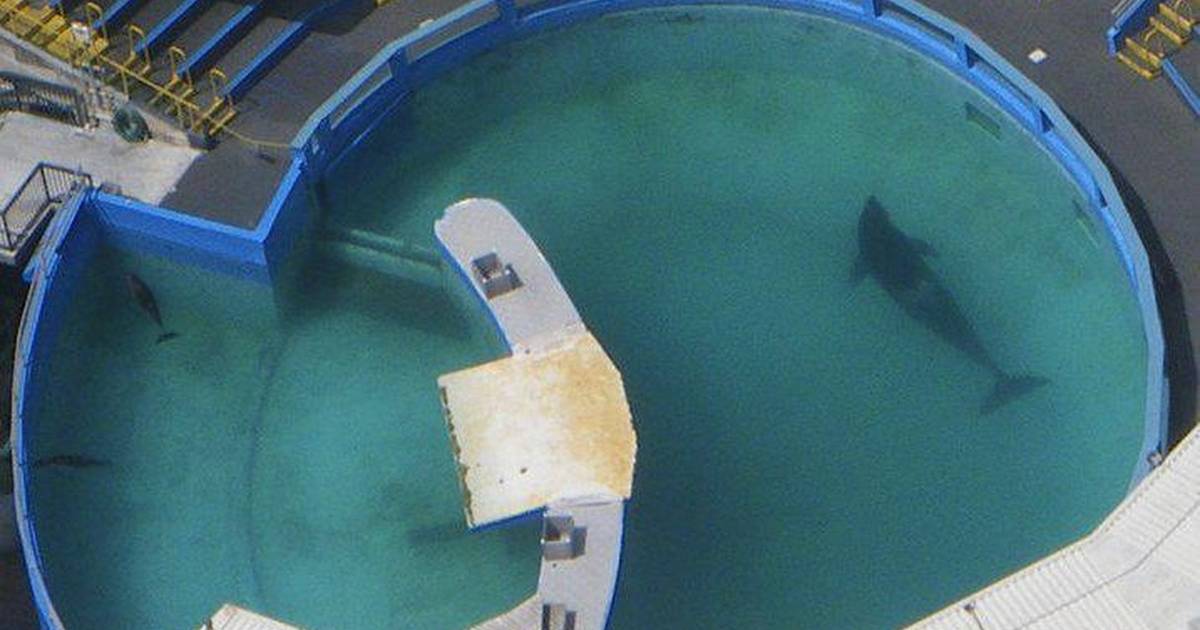Imagine being placed in a closet barely bigger than yourself throughout your life, only to be used for the entertainment of others. Unfortunately, that is the reality of the many orcas at SeaWorld. Orcas at SeaWorld live in extremely small tanks and they have to work for their meals. The harmful conditions at SeaWorld have sparked outrage worldwide and yet they continue their appalling practices.
Although SeaWorld claims to be an animal rescue, in an article by People4Ocean, “The Ugly Side of SeaWorld,” reveals a different side by saying, “with not enough room to swim or exercise, their mental and physical health declines. They can develop depression and diseases like pneumonia, as well as collapsed dorsal fins and infections from scraping their skin on the sides of the tank.”
Animal rescues are supposed to rescue animals, nurse them back to health and then release them into the wild. SeaWorld is doing the opposite and many people find their practices highly unethical.
Freshman Libby Baker described, “[she] hate[s] SeaWorld because the size of the SeaWorld parking lot is six times the size of the orca’s tank.”
It is highly known that confinement in such a small space like the tanks at SeaWorld is bad for the whales. However, attendance at this park continues and their damaging practices are allowed to go on. Despite many being aware of the small tanks being an issue, how the parks obtain their whales is a lesser-known but still damaging issue.
The article furthermore explained, “to get them used to captivity, Sea World Resort staff often stalked and snatched animals from their mothers and pods when they were very young,”
Instead of saving the orcas, SeaWorld steals orcas from their families and raises them in an environment that causes them to decline in health. SeaWorld makes claims that their parks benefit people for the sake of education. However, right now all they teach people is that morality can be ignored and babies can be taken from their mothers for the sake of entertainment and monetary gain.
The article summarizes, “[c]onservation is often an excuse for confinement, and cruelty is too easily confused for discipline. Animals are mistreated, employees are misleading and the general public is misinformed.”







